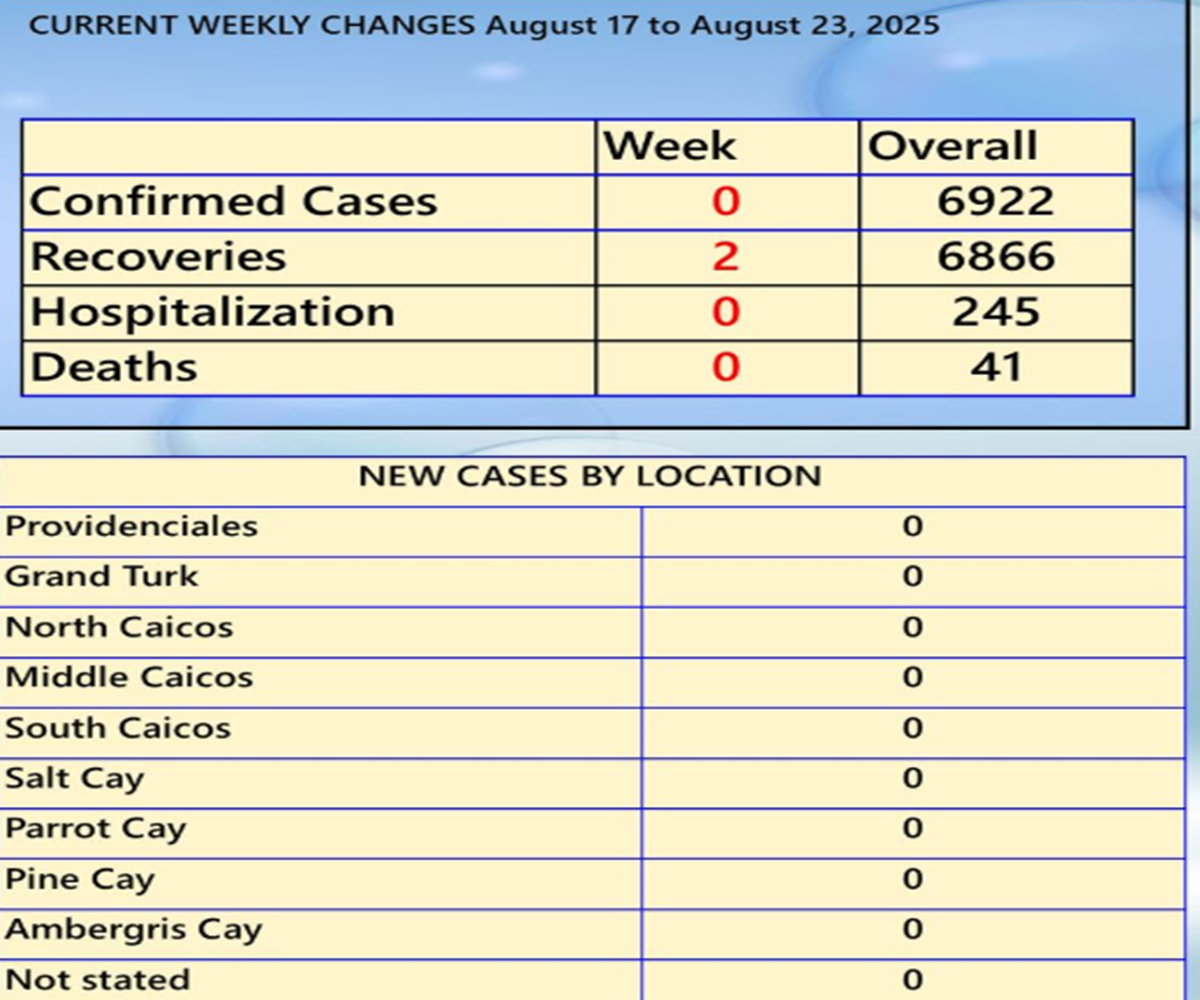#TurksandCaicos, June 29, 2023 – The Honorable Shaun Malcolm, Minister of Health and Human Services accompanied by Senior Health Officials from within the Ministry of Health, Ms. Renessa Williams Deputy Permanent Secretary, Dr. Alicia Malcolm, Director of the Department of Behavioral Health Services, Dr. Raven Saunders, Medical Officer within the Primary Health Care Department, and Mrs. Marah Smith, Head of Secretariat, recently attended the SIDS Ministerial Conference on NCDs and Mental Health, in Bridgetown, Barbados during the period 13th – 16th June 2023.
The meeting welcomed over thirty-two (32) Small Island Developing States, including Ministers of Health and other high-level delegates from the Caribbean Region, the Pacific Ocean and Indian Ocean Regions to discuss NCDs and Mental Health priorities, review progress and solutions to ongoing problems, and exploring opportunities to advance the fight against NCDs and mental health with equity in the SIDS.
high-level delegates from the Caribbean Region, the Pacific Ocean and Indian Ocean Regions to discuss NCDs and Mental Health priorities, review progress and solutions to ongoing problems, and exploring opportunities to advance the fight against NCDs and mental health with equity in the SIDS.
On June 13th, 2023, the attendees of the conference were welcomed by Sen. Dr. Most Hon. Jerome Walcott, the Minister of Health and Wellness, of Barbados. Dr. Walcott was followed by remarks from the Director General of the WHO, Dr. Tedros Adhanom Ghebreyesus. The keynote speaker for the evening was Hon. Mia Amor Mottley, Prime Minister of Barbados.
Prime Minister Mottley stated in her address: “Bold action for our climate, good health, and well-being relies on redressing and reorganizing global financing to unlock billions in investment while making it less punishing for developing countries to pay their debts. Funding for climate change adaptation and mitigation in the most vulnerable countries is also key, with noncommunicable diseases and mental health accounted for.”
On June 15th, the 2023 Bridgetown Declaration on Noncommunicable Diseases (NCDs) and Mental Health was launched, to address some of the world’s deadliest diseases in Small Island Developing States (SIDS), which are especially at risk. SIDS are disproportionately impacted by NCDs – which cause 74% of all deaths globally – due to their reliance on imported food, commercial influences and the climate crisis. A new WHO report shows that 8 of the 15 countries with more than a 30% risk of premature death from cardiovascular disease, cancer, diabetes, or chronic respiratory disease are SIDS. The 10 countries with the highest obesity rates globally are all SIDS in the Pacific, where over 45% of adults live with obesity.
Mental health conditions are common in SIDS countries, affecting an estimated 15.2% of the population in the Caribbean and 11.2% of the population in the Pacific. People with mental health conditions face a higher risk of premature mortality, including from unaddressed physical health conditions and from suicide. Stigma, specialized staff shortages and the impact of climate change contribute to a challenging situation in SIDS that requires immediate attention.
The 2023 Bridgetown Declaration outlines bold steps to address the range of social, environmental, economic and commercial issues that lead to NCDs and mental health conditions. Developed through an inclusive process led ‘for’ and ‘by’ SIDS, the declaration highlights that NCDs and mental health conditions cannot be properly addressed without responding to the climate crisis.
Dr Tedros Adhanom Ghebreyesus, WHO Director-General stated in his address, “The challenges faced by Small Island Developing States are interconnected and multifaceted. Climate change, environmental degradation, social and economic inequalities, and the commercial determinants of health exacerbate the burden of NCDs and mental health conditions. Despite their limited resources and geographical constraints, these nations have shown remarkable resilience in the face of adversity. Together, we must forge a path that is based on equity, resilience, and sustainability. We must strengthen health systems, enhance prevention and early detection measures, and prioritize the integration of NCD and mental health services into primary health care.”
The Director-General also pledged that WHO would work to mobilize financial resources to develop climate-resilient, environmentally sustainable healthcare facilities in the SIDS. WHO will also continue to advocate for ‘loss and damage’ funding for climate change adaptation and mitigation investments in lower-income countries.
The conference showcased specific commitments by SIDS on NCDs and mental health, including improving access to mental health care in primary care facilities; updating tobacco control legislation to cover e-cigarettes and vaping; and reducing populations’ salt and sugar intake. These commitments align with WHO’s “best buys” – a set of cost- effective, evidence-based interventions to tackle NCDs.
effective, evidence-based interventions to tackle NCDs.
The list of best buys was recently updated at the World Health Assembly in May to include secondary prevention for rheumatic fever, acute and long-term management of asthma and chronic obstructive pulmonary disease as well as several interventions for cervical, breast, colorectal, liver and childhood cancer, and the comprehensive treatment of cancer for those living with HIV.
SIDS countries have a track record of driving global decision-making, their Port of Spain and SAMOA pathway agreements paved the way for the first-ever UN political declaration on NCDs in 2018.
The conference and the Declaration will inform and shape forthcoming UN General Assembly High-Level Meetings on universal health coverage in September 2023 and on NCDs in 2025
The Minister of Health & Human Services, The Hon. Shaun Malcolm stated, “The Ministry of Health along with the Primary Health Care Department and Department of Behavioral Health Services will work assiduously towards achieving the goals set out in the 2023 Bridgetown Declaration in order to achieve our vision of a healthier nation.”

 News4 days ago
News4 days ago
 News1 week ago
News1 week ago
 Caribbean News5 days ago
Caribbean News5 days ago
 News4 days ago
News4 days ago













